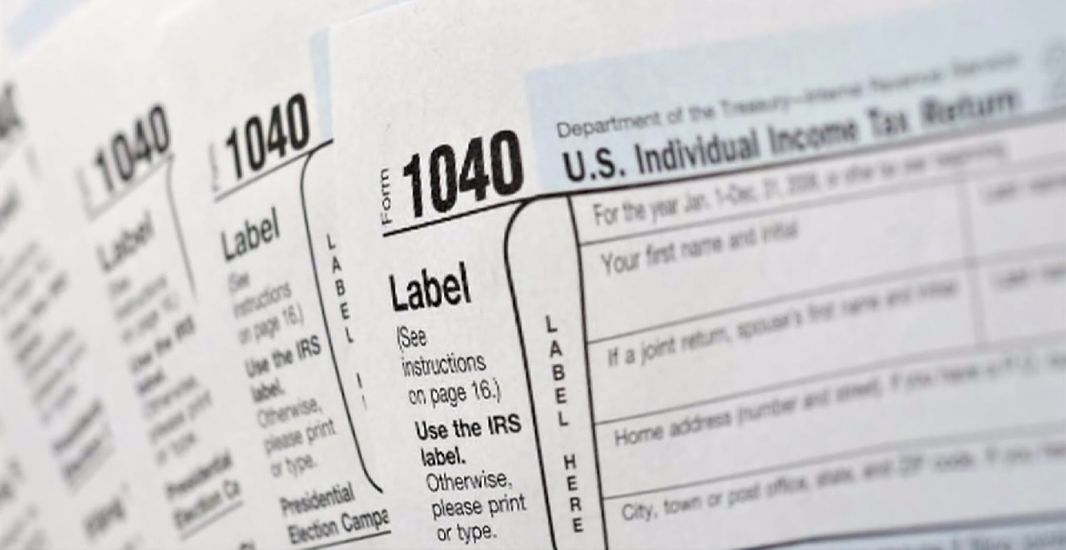We recently read this article on Forbes website about an IRS scam that uses robo calling to inform you that a warrant is about to go our for your arrest and that you need to call a specific number so that you can take care of the issue before the warrant goes out. We are warning you not to be taken in by these criminals. Read this article from Forbes website and take heed to what it says.
The robocall didn’t mince words: “The IRS has a warrant for your arrest.” Yikes. Was I in trouble?
I wasn’t. I’m current on my taxes. It was a scam call designed to get me to call some fraudulent operation so they could steal my personal financial information. They are running these swindles 24/7 during tax season.
It’s not surprising that the scamsters employ fear on this solicitation. It works. A lot of older folks are appalled at the thought of being in trouble, so they respond — and often get fleeced.
Tax scams are flooding the country. They come by email, phone and sometimes mail. Crooks know that once they have a bank account, Social Security or credit card number, they can steal with impunity.
Here’s a recent scam, as reported by the AARP: A caller or letter informs you that you’re due a tax refund. The swindlers will then actually send money to your bank account.
Then the con is on. The fraudsters then have a “debt collector” call and say that the money was “erroneously deposited” and demand that you send money to a fake collection agency. That’s the road to fraud.
Here are some other red flags, according to the IRS:
— More than one tax return was filed using you or your spouse’s Social Security Number.
— You owe additional tax, refund offset or have had collection actions taken against you for a year you did not file a tax return.
— IRS records indicate you received wages or other income from an employer for whom you did not work.
What You Can Do
- Don’t respond to any calls claiming to be from the IRS or debt collection agency. The IRS doesn’t call anyone out of the blue. They send letters that you can verify.
- If filing your taxes electronically, you need to have a Personal Identification Number (PIN) that the IRS will issue you every year. Here’s how to obtain your PIN.
- Never give your personal information to someone over the phone – unless you know and trust them – or to a new email. That’s a sure route to identity theft.
- If you’ve received an unusually large refund – or weren’t due one – you need to report it to the IRS. This is an ongoing scam. This happened to my wife and I one year, but we resolved it easily.
- Always be suspicious of any email or call asking for personal information. Just say no. These are classic “phishing” scams designed to steal personal information.
- Want to know more about avoiding identity theft and tax scams? The IRS provides some useful information here.
John F. Wasik is the author of “Lightning Strikes,” “Keynes’s Way to Wealth”and 15 other books on innovation, money and life. Follow him on Twitter and Facebook.
Forbes, March 7, 2018, By John Wasik
Taxpayer Guide to Identity Theft







